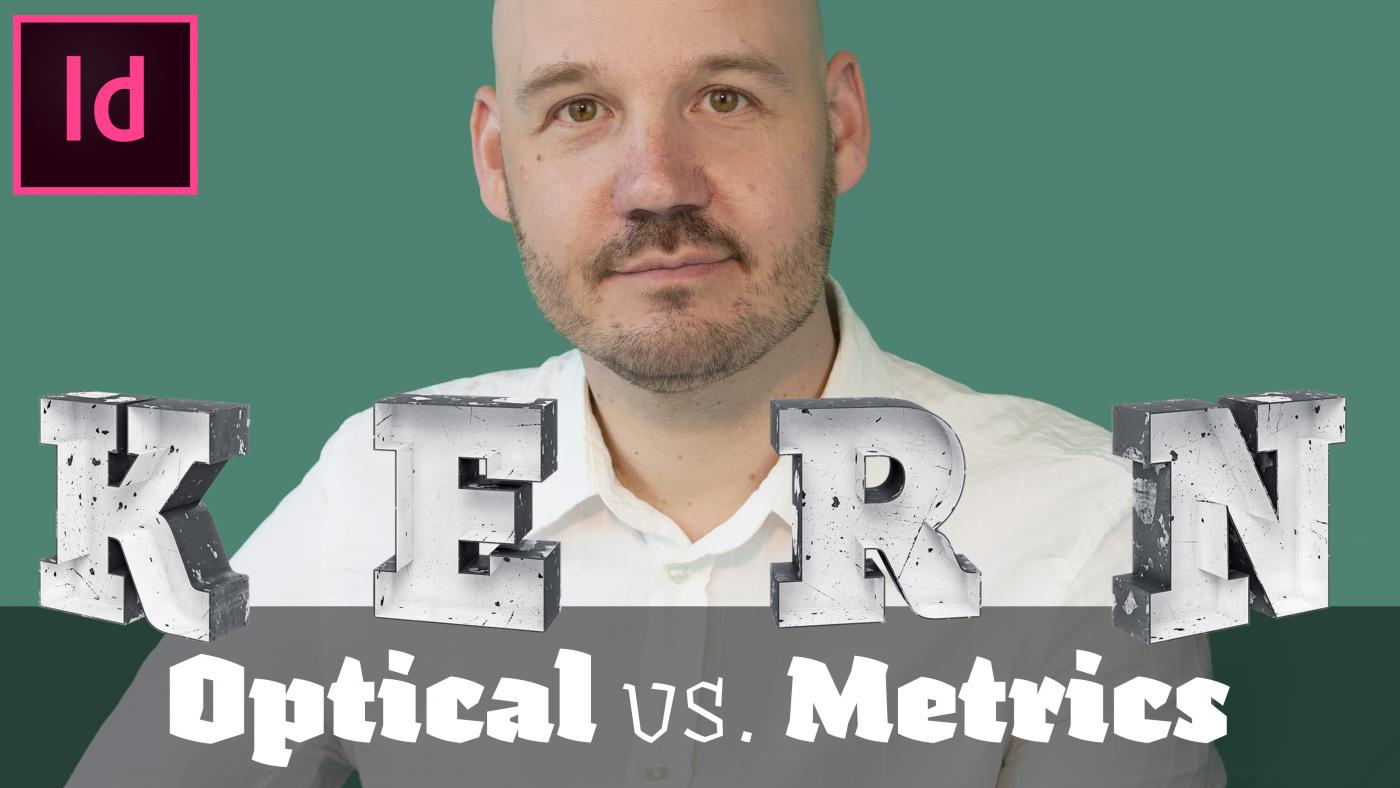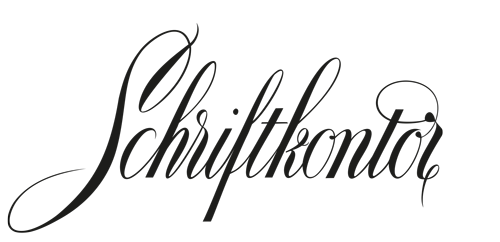Search the Community
Showing results for tags 'optical kerning'.
-
I am currently preparing a YouTube video on this issue and would love to hear some more opinions about it. Right on time, a discussion just appeared on Twitter about it, but I won’t bother trying to squeeze simplified answers in 140 characters. I prefer to elaborate, which isn’t possible on Twitter. While I get the general point and agree to it, I don’t like how this is phrased. It’s too dogmatic in its meaning, even though it says »please«. Good kerning is about a certain result. It’s irrelevant and actually invisible how you got there. But the above statement makes a generalized recommendation about a certain way to apply kerning as if that would guarantee the best results, which is of course not true. It’s easy to find a font with bad kerning which could proofs Nick’s recommendation wrong. Again, I agree and made the point myself in a humorous way, but in many if not most situations when a designer sets text, he/she isn’t even in the position to pick another font. So a generalized recommendation about using either metric kerning or picking another font wont help in this case. So why NOT use optical kerning (even if only as a start) in such a case? That is the interesting question, someone objecting to using optical kerning would need to answer. Now the premises are changed ex post. The original tweet didn’t say anything about the recommendation being only valid for “good fonts” and again: having the choice to only use good fonts isn’t realistic. So what is your opinion? How do you use the kerning choices in InDesign and how would you phrase your recommendations about using them?
-






